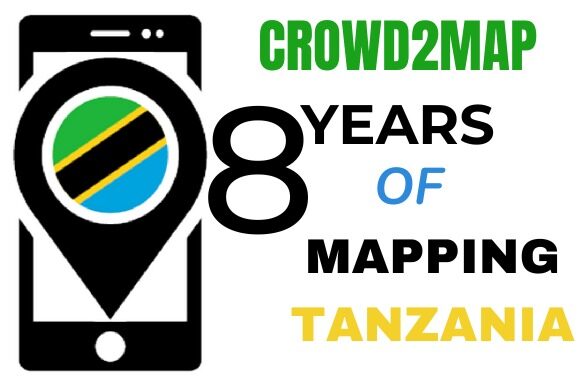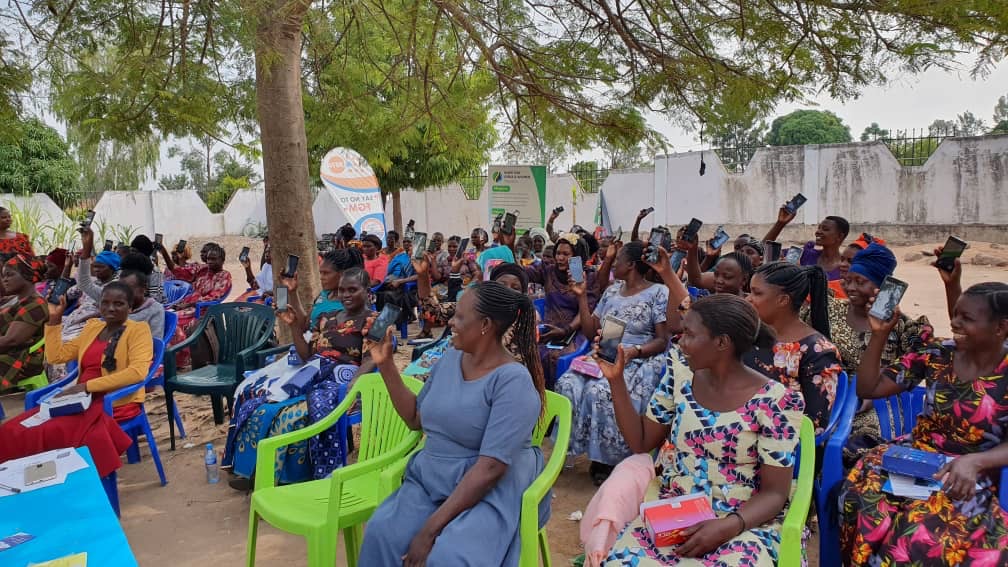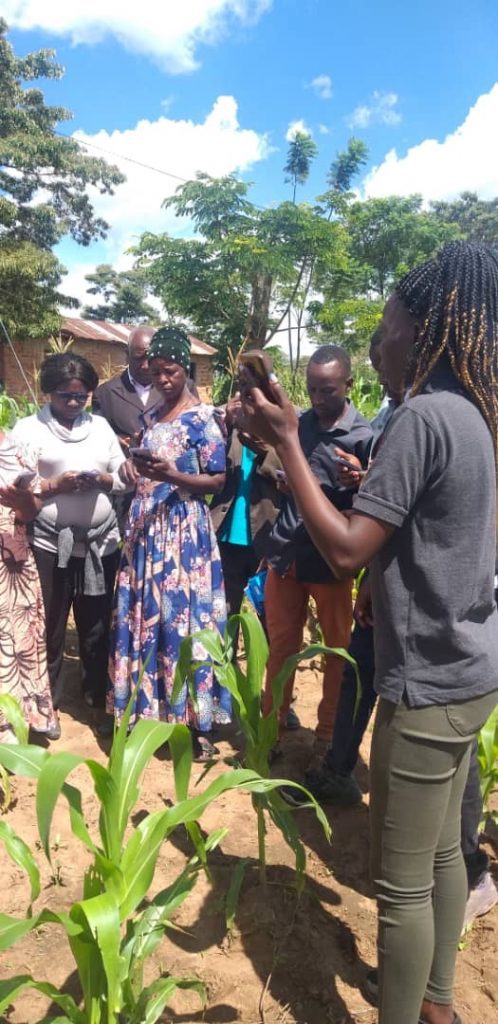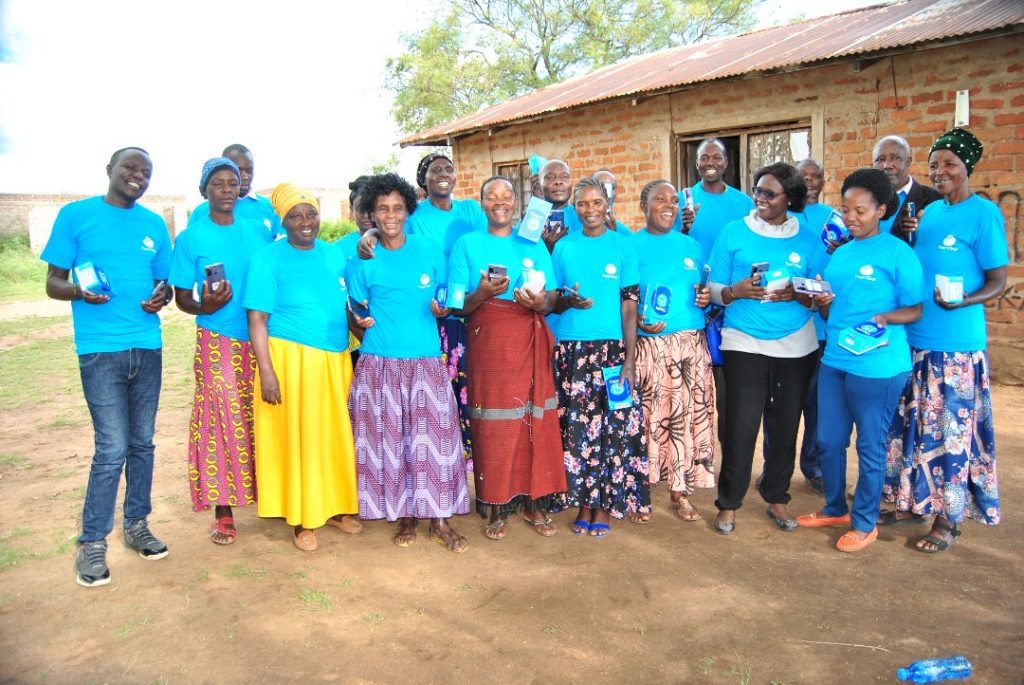By Janet CHAPMAN – Project Leader
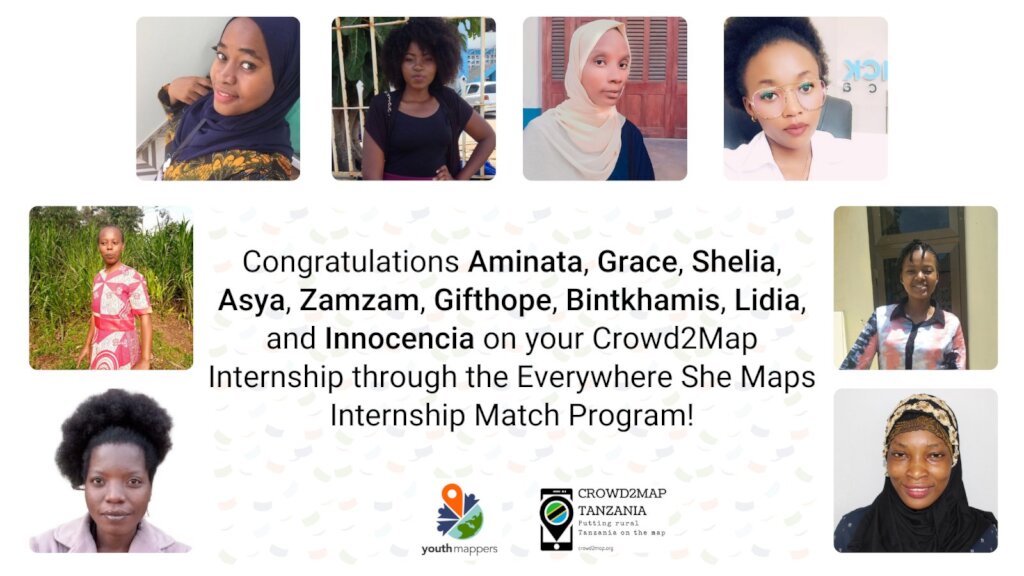
Last year we hosted our first cohort of interns recruited as part of the Youthmappers Everywhere She Maps initiative which was a great success. You can read quotes from some of the participants here. Building on that we were delighted to recruit 12 more Youthmapper interns for our second cohort.who started at the beginning of October. They come from 6 different African countries and we organise training via Zoom and WhatsApp delivered by their mentor GIS specialist Herry Kassunga and variious outside experts. They also participate in training delivered as part of the Humanitarian OpenStreetMap Data Interns program.
We are continuing with our monthly mapping groups training, and have set up a new group in Shinyanga. We are also mapping school journeys with Ikondo School in Kagera, who have particularly dangerous routes during the rainy season as you can see in this photo.
We are also now mapping in Singida in the area around the village development project we are about to start in partnership with EuCanAid. This will bring access to water, a clinic, and improvements to the primary school in Mduguyu village. This area was very poorly mapped so we set up this project and have been training field mappers to add their local knowledge. We will then produce village and district level maps for the community.
We are also continuing to map areas where girls are at risk of FGM, particularly in the lead up to the cutting season expected in December.
Finally we are busy helping organise the second State of the Map Tanzania conference. This will be a hybrid conference so we hope many of you will be able to join from wherever in the world you are – we already have a brilliant range of speakers confirmed, and the call for talks is still open.
Thank you again for your generosity which enables this entirely volunteer run project to keep going.
You can donate on our Global Giving page
